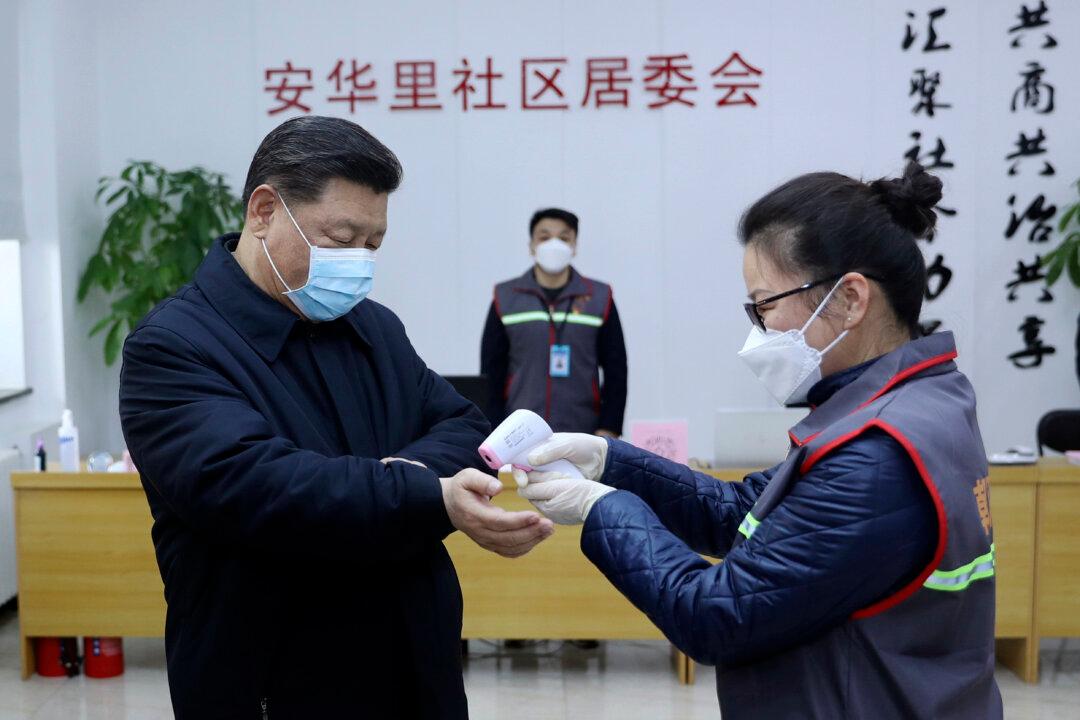BEIJING—China’s ruling Communist Party needs to make a politically fraught decision: Admit a viral outbreak isn’t under control and cancel this year’s highest-profile official event. Or bring 3,000 legislators to Beijing next month and risk fueling public anger at the government’s handling of the disease.
The party was already facing criticism of its heavy-handed censorship, on display during the outbreak, and other social controls under Xi Jinping, who took power in 2012 and has accrued more political power than any Chinese leader since Mao Zedong.





